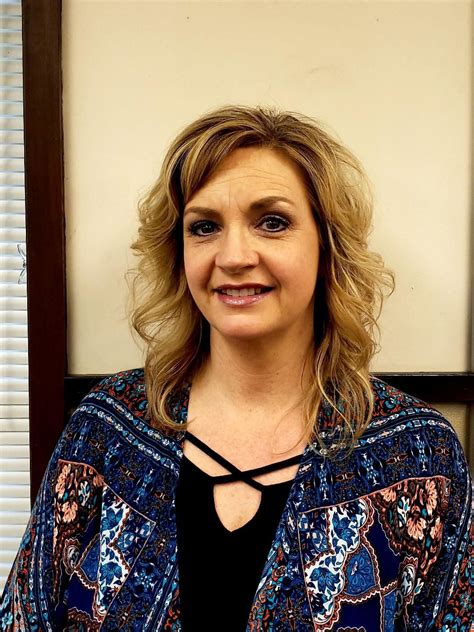A Quote by Eric Maskin
If banks anticipate government will come to the rescue should the credit market go badly awry, they may make loans that would otherwise be imprudent, e.g. subprime loans with little prospect of repayment.
Related Quotes
Under Bill Clinton's HUD Secretary Andrew Cuomo, Community Reinvestment Act regulators gave banks higher ratings for home loans made in 'credit-deprived' areas. Banks were effectively rewarded for throwing out sound underwriting standards and writing loans to those who were at high risk of defaulting.
Too-easy credit and millions of bad loans made during the U.S. housing bubble paved the way for the financial calamity and Great Recession that followed. Today, by contrast, credit is too tight. Mortgage loans are particularly hard to get, creating a problem for the housing market and the broader economy.
When you say "bank," a bank is a building, a set of computers and chairs and things. The bankers are the people running these banks. They're the chief officers, and they push the loans because they don't care if they go bad. For one thing, they may package these bad loans and sell them off to gullible institutional investors.
I had begun to worry about the housing market back in 2003, when lenders first resurrected interest-only mortgages, loosening their credit standards to generate a greater volume of loans. Throughout 2004, I had watched as these mortgages were offered to more and more subprime borrowers - those with the weakest credit.
If we are looking for one single action which will enable the poor to overcome their poverty, I would go for credit. Money is power. I have been arguing that credit should be accepted as a human right. If we can come up with a system which allows everybody access to credit while ensuring excellent repayment - I can give you a guarantee that poverty will not last long.



































